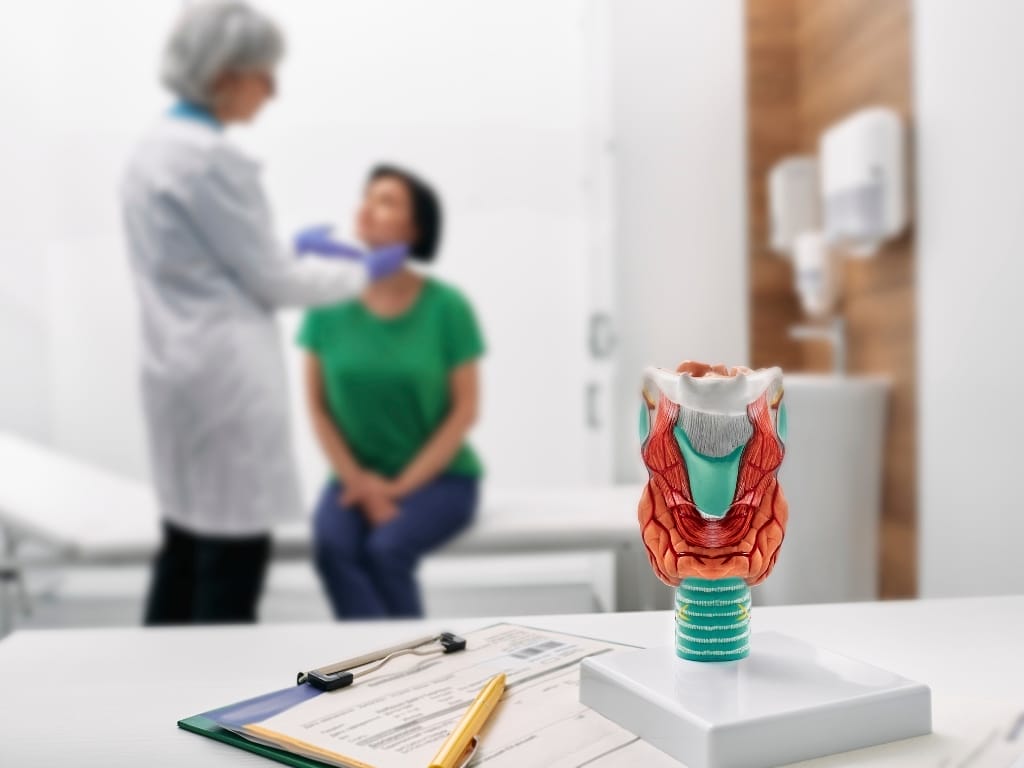8 Things You Need to Know about Thyroid Cancer in Singapore
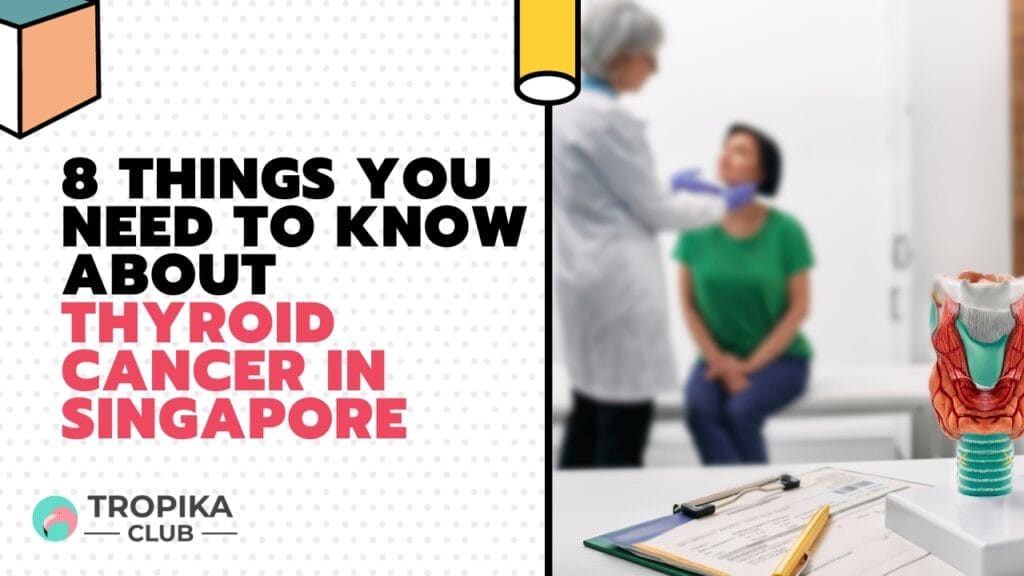
No Time to Read? Here’s a Snappy Summary of This Article
- Silent Growth: Thyroid cancer often develops unnoticed, concealing its presence until later stages, making regular check-ups crucial for detection.
- Youthful Impact: Surprisingly, thyroid cancer predominantly affects younger demographics, emphasizing the importance of awareness and early intervention among the youth.
- Gender Disparity: Females face a higher risk of thyroid cancer, but the mortality rate is lower, highlighting intriguing gender-specific variations in the disease’s dynamics.
- Genetic Undercurrents: Genetic factors play a significant role in thyroid cancer, emphasizing the necessity of understanding one’s family history for proactive healthcare measures.
- Technological Leap: Advanced diagnostic technologies, such as ultrasound and fine needle aspiration, have revolutionized thyroid cancer detection, offering more precise and timely diagnoses.
- Multifaceted Treatment: Treatment approaches for thyroid cancer extend beyond surgery, incorporating radioactive iodine therapy and targeted medications, showcasing the evolving landscape of cancer care.
Table of Contents
- No Time to Read? Here’s a Snappy Summary of This Article
- 1. Types of thyroid cancer
- 2. Symptoms of thyroid cancer
- 3. Diagnosis of thyroid cancer
- 4. Treatment of thyroid cancer
- 5. Prognosis of thyroid cancer
- 6. Prevention of thyroid cancer
- 7. Support for thyroid cancer patients
- 8. Follow-up care for thyroid cancer survivors
- Meanwhile, Check Out Tropika Club’s Ecosystem of Websites
Introduction
Thyroid cancer is a type of cancer that starts in the thyroid gland, a butterfly-shaped organ located at the base of the neck. The thyroid gland produces hormones that regulate the body’s metabolism, heart rate, temperature, and other functions. Thyroid cancer can affect anyone, but it is more common in women and people who have been exposed to radiation. In Singapore, thyroid cancer is the eighth most common cancer among women and the 15th most common cancer overall. Here are 10 things you need to know about thyroid cancer in Singapore.
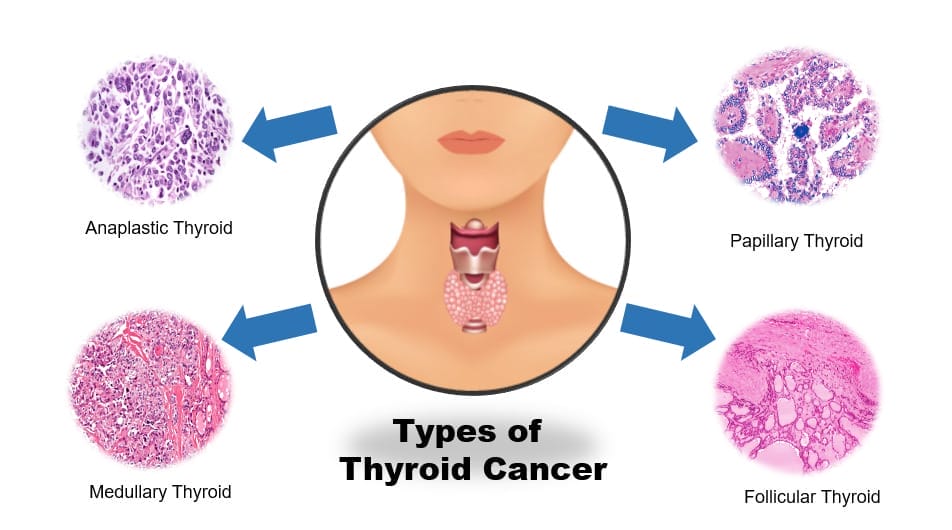
1. Types of thyroid cancer
There are four main types of thyroid cancer: papillary, follicular, medullary, and anaplastic. Papillary thyroid cancer is the most common type, accounting for about 75% to 85% of cases. It grows slowly and usually does not spread beyond the neck. Follicular thyroid cancer is the second most common type, accounting for about 15% of cases. It tends to spread through the bloodstream to other organs, such as the lungs or bones. Medullary thyroid cancer is a rare type that accounts for about 5% of cases. It develops from a different type of cell in the thyroid gland and often produces a hormone called calcitonin, which can be used as a marker for diagnosis and monitoring. Anaplastic thyroid cancer is the most aggressive and least common type, accounting for about 2% to 3% of cases. It grows very fast and spreads quickly to other parts of the body.
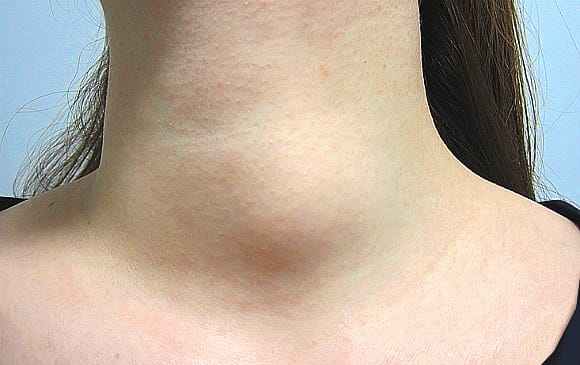
2. Symptoms of thyroid cancer
Thyroid cancer may not cause any symptoms in its early stages, but as it grows, it may cause one or more of the following signs: – A lump or swelling in the neck, sometimes growing quickly – Pain or discomfort in the front of the neck or throat – Hoarseness or changes in voice quality – Difficulty swallowing or breathing – A persistent cough that is not due to a cold or allergy If you notice any of these symptoms, you should see your doctor as soon as possible for further evaluation.

3. Diagnosis of thyroid cancer
To diagnose thyroid cancer, your doctor will ask you about your medical history, family history, risk factors, and symptoms. He or she will also examine your neck and feel for any lumps or enlarged lymph nodes. You may also need one or more of the following tests: – Blood tests to measure your thyroid hormone levels and check for abnormal antibodies or tumor markers – Ultrasound to create images of your thyroid gland and look for any nodules or suspicious areas – Fine needle aspiration biopsy to remove a small sample of tissue from your thyroid nodule and examine it under a microscope for signs of cancer – Radioactive iodine scan to use a radioactive substance and a special camera to detect any thyroid cells that absorb iodine, which can indicate cancer – Computed tomography (CT) scan or magnetic resonance imaging (MRI) scan to get detailed pictures of your neck and chest and look for any spread of cancer

4. Treatment of thyroid cancer
The treatment of thyroid cancer depends on the type and stage of the cancer, as well as your age, overall health, and personal preferences. The main treatment options are: – Surgery to remove part or all of the thyroid gland (thyroidectomy) and sometimes also the nearby lymph nodes (lymph node dissection). This is usually the first step for most types of thyroid cancer. – Radioactive iodine therapy uses a radioactive form of iodine that is taken orally or injected into a vein to destroy any remaining thyroid tissue or cancer cells after surgery. This is often used for papillary and follicular thyroid cancers that have a high risk of recurrence or spread. – External beam radiation therapy uses high-energy rays from a machine to target and kill cancer cells in a specific area. This is sometimes used for anaplastic thyroid cancer or for other types that cannot be treated with surgery or radioactive iodine therapy. – Chemotherapy uses drugs that kill rapidly dividing cells throughout the body. This is rarely used for thyroid cancer, except for anaplastic thyroid cancer or some cases that do not respond to other treatments. – Targeted therapy to use drugs that block specific molecules involved in the growth and survival of cancer cells. This is a newer option for some types of advanced or recurrent thyroid cancers that have certain gene mutations or changes.

5. Prognosis of thyroid cancer
The prognosis or outlook for people with thyroid cancer depends on many factors, such as the type and stage of the cancer, the response to treatment, and the overall health of the person. In general, papillary and follicular thyroid cancers have very high survival rates, especially if they are detected and treated early. Medullary thyroid cancer has a lower survival rate, but it can still be cured in many cases. Anaplastic thyroid cancer has a very poor survival rate, as it is usually diagnosed at a late stage and does not respond well to treatment. According to the Singapore Cancer Registry Annual Report 2019, the 5-year relative survival rate for thyroid cancer in Singapore was 97.4% for females and 90.7% for males. This means that people with thyroid cancer were, on average, about 97.4% (females) or 90.7% (males) as likely as people without thyroid cancer to live for at least 5 years after diagnosis.
6. Prevention of thyroid cancer
There is no sure way to prevent thyroid cancer, but there are some steps you can take to reduce your risk, such as: – Avoiding unnecessary exposure to radiation, especially in childhood. This includes radiation from medical tests or treatments, such as X-rays or CT scans, as well as environmental sources, such as nuclear accidents or fallout. If you need to have a test or treatment that involves radiation, ask your doctor about the benefits and risks, and whether there are any alternatives. – Eating a healthy diet that includes enough iodine. Iodine is a mineral that is essential for the normal function of the thyroid gland. Iodine deficiency can increase the risk of some types of thyroid cancer, especially in areas where iodine intake is low. You can get iodine from foods such as seafood, dairy products, eggs, and iodized salt. – Being aware of your family history and genetic risk. Some types of thyroid cancer, especially medullary thyroid cancer, can run in families or be caused by inherited gene mutations. If you have a family history of thyroid cancer or certain genetic syndromes, such as multiple endocrine neoplasia (MEN) type 2 or familial adenomatous polyposis (FAP), you may benefit from genetic testing and counseling to assess your risk and options for screening and prevention.
_
Read Also:
6 Things Everyone Gets Wrong About Cats
_
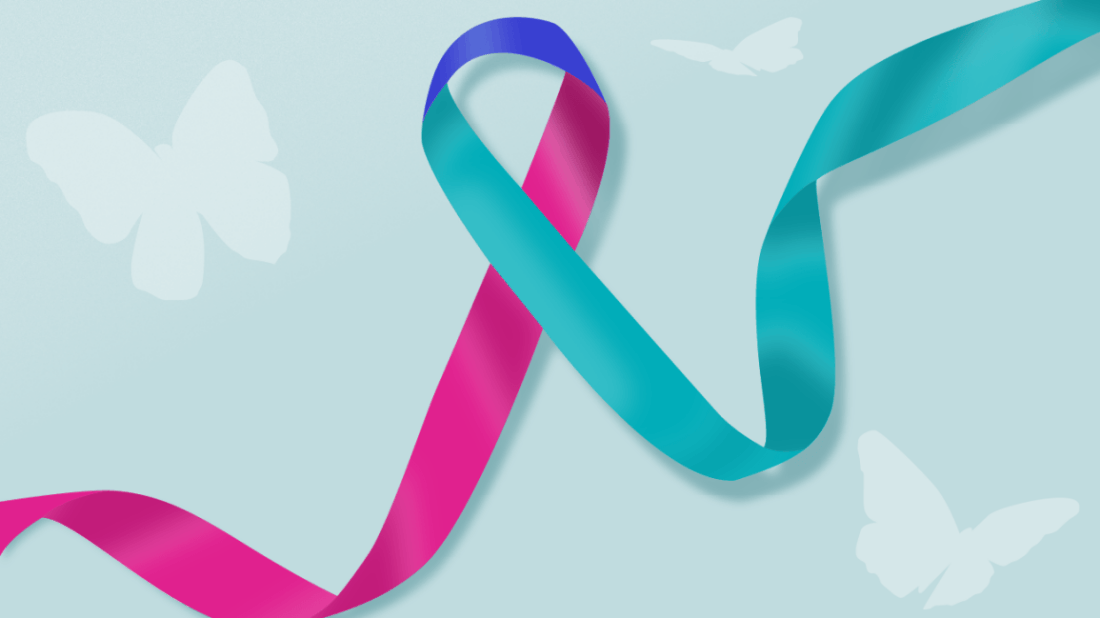
7. Support for thyroid cancer patients
Having thyroid cancer can be a challenging and stressful experience, both physically and emotionally. You may face many uncertainties and difficulties during your diagnosis, treatment, and recovery. You may also have to cope with side effects of treatment, such as hypothyroidism (low thyroid hormone levels), voice changes, or scarred appearance. It is important to seek support from your family, friends, health care team, and other sources of help, such as: – Support groups that provide a safe and supportive environment for you to share your feelings and experiences with other people who have or had thyroid cancer. You can find local or online support groups through organizations such as Thyroid Cancer Alliance Singapore (TCAS), Thyroid Cancer Support Group Singapore (TCSGS), or ThyCa: Thyroid Cancer Survivors’ Association. – Counseling or therapy that can help you cope with the emotional impact of thyroid cancer and its treatment. You can talk to a professional counselor or therapist who can provide you with guidance and strategies to manage your stress, anxiety, depression, or other mental health issues. You can ask your doctor for a referral or look for a counselor or therapist who specializes in working with cancer patients. – Education and information that can help you understand more about your condition and treatment options. You can learn more about thyroid cancer from reliable sources such as the National Cancer Centre Singapore (NCCS), the Singapore Cancer Society (SCS), the American Cancer Society (ACS), or the National Cancer Institute (NCI). You can also ask your doctor or nurse any questions you have about your diagnosis, treatment plan, prognosis, or follow-up care. – Financial assistance that can help you cover some of the costs of your medical care or other expenses related to your condition. You can explore various options for financial aid or subsidies through government schemes such as MediShield Life, MediSave, MediFund, or Community Health Assist Scheme (CHAS), or through non-governmental organizations such as SCS or Singapore Cancer Foundation (SCF). You can also seek advice from a social worker who can help you apply for these schemes or refer you to other sources of support.

8. Follow-up care for thyroid cancer survivors
After your thyroid cancer treatment, you will need regular check-ups with your doctor to see how you are doing and if your cancer is gone or not. Your doctor will check your health, thyroid hormone, and some substances in your blood that can show if there is any thyroid tissue or cancer cells left in your body. Your doctor will also use machines that can see inside your neck or show if any part of your body absorbs radioactive iodine, which can also show if there is any thyroid tissue or cancer cells left in your body.
Conclusion
In the hustle and bustle of life, we often overlook the silent players like our thyroid. But thyroid cancer, though not as common as the common cold, is a reality that can knock on anyone’s door. The good news is, that armed with awareness and the stellar healthcare system in Singapore, you can tackle it head-on.

Frequently Asked Questions (FAQ)
Q: What are the common symptoms of thyroid cancer?
A: Common symptoms include persistent hoarseness, difficulty swallowing, and swelling in the neck. If you experience these, it’s crucial to consult a healthcare professional promptly.
Q: How prevalent is thyroid cancer in Singapore?
A: Thyroid cancer rates in Singapore have been steadily increasing. Regular screenings and awareness are essential for early detection and effective management.
Q: Are there specific risk factors for thyroid cancer in Singapore?
A: While the exact cause is unknown, factors like family history, gender (more common in females), and exposure to radiation may contribute. Regular check-ups are recommended for those with predisposing factors.
Q: What are the available treatment options for thyroid cancer in Singapore?
A: Treatment options vary, including surgery, radioactive iodine therapy, and hormone therapy. The choice depends on factors such as the stage of cancer and individual health conditions.
Q: Can lifestyle changes help prevent thyroid cancer?
A: Though there’s no guaranteed prevention, maintaining a healthy lifestyle, avoiding excessive radiation exposure, and regular screenings can contribute to early detection and better outcomes.
Q: How can I find support and information about thyroid cancer in Singapore?
A: Singapore offers various support groups and resources for individuals and families dealing with thyroid cancer. Connect with reputable healthcare institutions and patient networks for valuable information and assistance.

Have an Article to Suggest?
Tropika Club is always looking for new and exciting content to feature in their magazine and they value the input of our readers. If you have any noteworthy content or articles that you believe would be a great addition to Tropika Club’s magazine, we are open to suggestions and encourage you to reach out to us via email at [email protected]. By doing so, Tropika Club values your expertise and knowledge in the matter and appreciates your willingness to help. We will review your recommendations and update our list accordingly
Meanwhile, Check Out Tropika Club’s Ecosystem of Websites
Tropika Club Magazine – Tropika Club Magazine is a Singapore-based publication that features articles on a wide range of topics with a focus on local businesses and content for the region. The magazine emphasizes supporting local businesses through its #SupportLocal initiative, which includes coverage of everything from neighborhood hawker stalls to aesthetic clinics in town. In addition to highlighting local businesses, Tropika Club Magazine also covers a variety of local content, including beauty, lifestyle, places, eats, and what’s on in Singapore and the Asia Pacific region.



